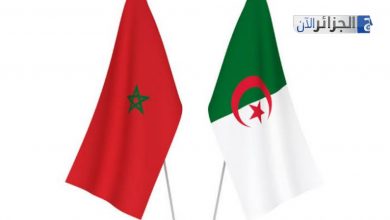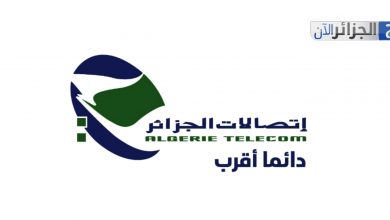Algiers, Algeria – In a significant stride towards reinforcing the rule of law and modernizing its judicial system, Algeria’s Council of the Nation unanimously approved the organic law governing the organization, operation, and jurisdiction of the Court of Conflicts . This pivotal legislative action underscores Algeria’s unwavering commitment to establishing a robust state of law that champions justice and safeguards citizens’ rights and freedoms.The vote, conducted in a public session chaired by Council President Azouz Nasseri, saw the presence of Minister of Justice, Lofti Bougaja, and Minister of Relations with Parliament, Kawtar Krikou . This demonstrates the high-level governmental commitment to advancing judicial transparency and efficiency.Enhancing Judicial Integrity and EfficiencyThe legal affairs committee within the Council of the Nation lauded the revision of the organic law related to the Court of Conflicts, emphasizing its role in propelling the national legislative framework towards fully realizing a state of law .
The reform specifically aims to enhance the mechanism for resolving jurisdictional disputes between ordinary and administrative judicial bodies .
This is achieved through several key improvements:Expanded Composition: Broadening the Court of Conflicts’ composition to ensure a more comprehensive judicial review .Unified Appointments: Standardizing the appointment procedures for judges and state commissioners, thereby promoting consistency and impartiality across the judiciary .Simplified Procedures: Streamlining judicial procedures to make the legal process more accessible and efficient for litigants .In line with President Tebboune’s directives for widespread digitalization, the committee strongly recommended the adoption of digital solutions for case classification and processing . This move is poised to dramatically improve administrative and judicial performance, accelerating the pace at which cases are handled and ensuring swifter justice for all citizens .A Step Towards a Modern Judicial SystemMinister of Justice Lofti Bougaja emphasized that the newly approved law directly responds to the aspirations of Algerian citizens for a strong, capable judiciary that protects fundamental rights and freedoms . He highlighted that this law integrates seamlessly with the substantial legal arsenal developed in recent years, all designed to elevate and promote judicial performance across the nation .The Court of Conflicts serves as the supreme judicial body tasked with resolving jurisdictional disputes between the ordinary and administrative judicial systems . The current law provides new mechanisms that will further strengthen the court’s crucial role in defining specific jurisdiction, thereby positively impacting litigants and upholding the principles of legal clarity and fairness .Historically, the Court of Conflicts operated under Organic Law No. 98-03, enacted on June 3, 1998, which defined its jurisdiction, organization, and operations . Its primary function has always been to adjudicate conflicts of jurisdiction between ordinary and administrative judicial bodies, without intervening in disputes within the same judicial system . The court is composed of a president, seven judges, and both a state commissioner and an assistant state commissioner . The president is appointed by the President of the Republic for a three-year term, alternating between judges from the Supreme Court and the State Council . Similarly, the judges are drawn equally from the Supreme Court and the State Council .Legal proceedings before the Court of Conflicts allow concerned parties to file claims within two months of a final decision from either the administrative or ordinary judicial systems . Cases must be submitted by a lawyer accredited to both the Supreme Court and the State Council . The court’s decisions are reached by a majority vote, with the president casting the tie-breaking vote, and are final, non-appealable, and binding on both judicial systems, with a maximum resolution period of six months .This legislative advancement solidifies Algeria’s position as a nation committed to the ongoing development of its legal institutions, ensuring a contemporary and just legal environment for its people.




